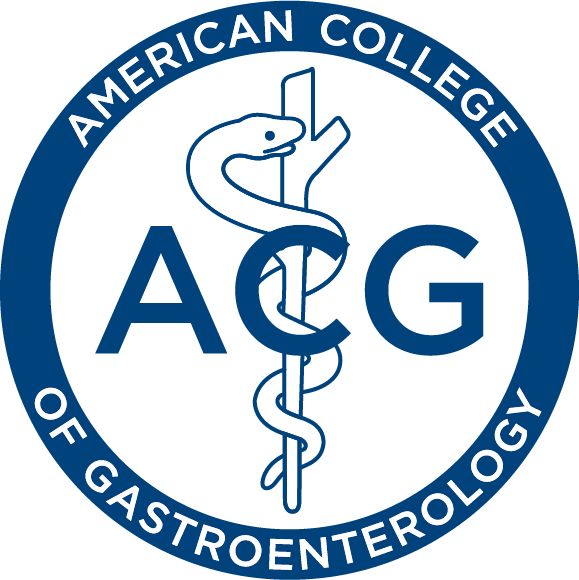Newswise — The January issue of The American Journal of Gastroenterology features two ACG Clinical Guidelines: Diagnosis and Management of Celiac Disease and Diagnosis and Management of Gastrointestinal Subepithelial Lesions. The Celiac Disease Guideline is an update to the 2013 Guideline, with evidence-based recommendations derived from clinical findings and advances in our understanding of the disease over the last decade. The Gastrointestinal Subepithelial Lesions Guideline is a new ACG Guideline and presents preferable approaches based on currently available literature. Both guidelines used the Grading of Recommendation Assessment Development and Evaluation (GRADE) methodology to classify the strength of each recommendation.
This month we also highlight clinical science including articles on cirrhosis, pancreatic cancer, hepatitis B, esophageal disorders, inflammatory bowel disease, colorectal cancer risk, pediatrics, and more.
Several articles are highlighted below and access to any articles from this issue, or past issues, is available upon request. The College is also able to connect members of the press with study authors or outside experts who can comment on the articles.
American College of Gastroenterology Guidelines Update: Diagnosis and Management of Celiac Disease
Rubio-Tapia, et al.
ACG Clinical Guideline: Diagnosis and Management of Gastrointestinal Subepithelial Lesions
Jacobson, et al.
Sleep Disturbances, Bowel Movement Kinetics and Travel Interruption with Bowel Preparation - A Bowel CLEANsing National Initiative Sub-Study
Tse, et al.
In this randomized, multi-center clinical trial, the authors evaluated different bowel preparation regimens before colonoscopy to determine occurrences of sleep disturbance, urgent bowel movements, fecal incontinence episodes, or travel interruptions. They found that day-before and split-dose high-volume PEG regimens for colonoscopies scheduled before 10:30 am lead to the greatest sleep disturbance, versus split-dose low-volume PEG regimens, but there were no significant differences in instances of urgent bowel movements, fecal incontinence episodes, or travel interruptions.
Humoral Immune Response and Safety of SARS-CoV2 Vaccination in Pediatric Inflammatory Bowel Disease
Kastl, et al.
This study evaluated the safety of and humoral response to COVID-19 immunization in the largest cohort to date of pediatric patients with IBD. Despite a high proportion of participants being treated with immunosuppressive agents, all but one mounted a detectable antibody response after the second vaccine dose and only one participant experienced an adverse event requiring an emergency department visit or hospitalization. The authors state that, “Overall, these findings provide a high level of reassurance that pediatric patients with IBD, across age and medication classes, respond well and safely to SARS-CoV-2 vaccination.”
Abdominophrenic Dyssynergia: A Narrative Review
Damianos, et al.
In this review of available literature on abdominophrenic dyssynergia (APD), the authors state that, “APD is characterized by the pathologic contraction and descent of the diaphragm and relaxation and protrusion of the abdominal wall. A series of studies indicate that this abnormal response contributes to distension in [disorders of gut-brain interaction], including [irritable bowel syndrome], [functional dyspepsia], and functional bloating and distension. There are currently no diagnostic criteria for APD.” They encourage further studies to increase the understanding of APD, develop standardized diagnostic criteria, and propose evidence-based treatment recommendations.
About the American College of Gastroenterology
Founded in 1932, the American College of Gastroenterology (ACG) is an organization with an international membership of over 17,000 individuals from 86 countries. The College’s vision is to be the preeminent professional organization that champions the prevention, diagnosis, and treatment of digestive disorders, serving as a beacon to guide the delivery of the highest quality, compassionate, and evidence-based patient care. The mission of the College is to enhance the ability of our members to provide world class care to patients with digestive disorders and advance the profession through excellence and innovation based upon the pillars of Patient Care, Education, Scientific Investigation, Advocacy and Practice Management. www.gi.org
###
MEDIA CONTACT
Register for reporter access to contact detailsCITATIONS
The American Journal of Gastroenterology

